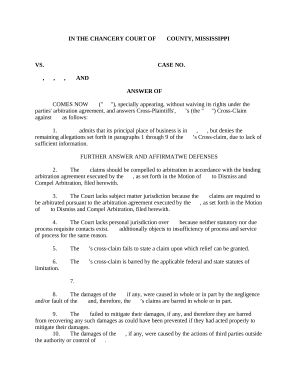
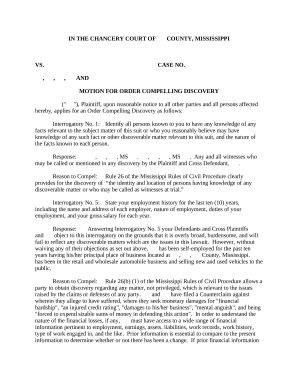
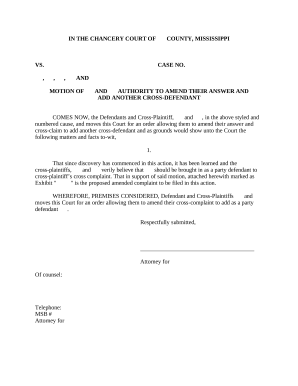
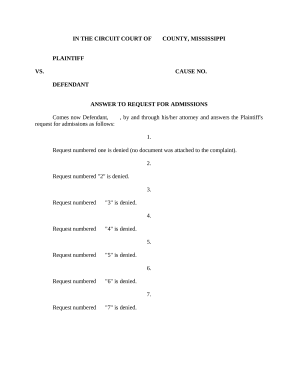
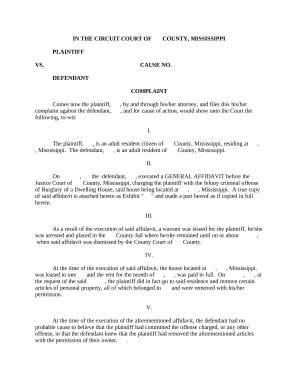
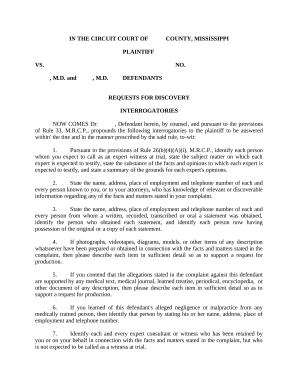

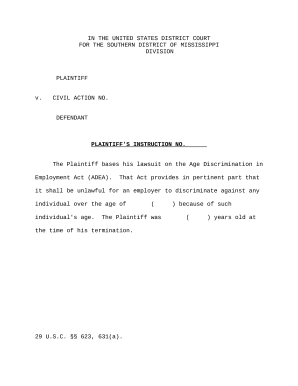
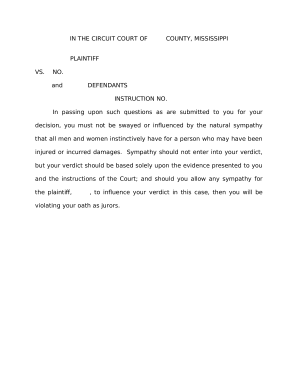
Your workflows always benefit when you are able to locate all of the forms and documents you require on hand. DocHub offers a a huge library of form templates to alleviate your day-to-day pains. Get hold of Litigation and Appeals category and quickly find your form.
Begin working with Litigation and Appeals in a few clicks:
Enjoy seamless file managing with DocHub. Explore our Litigation and Appeals online library and get your form today!